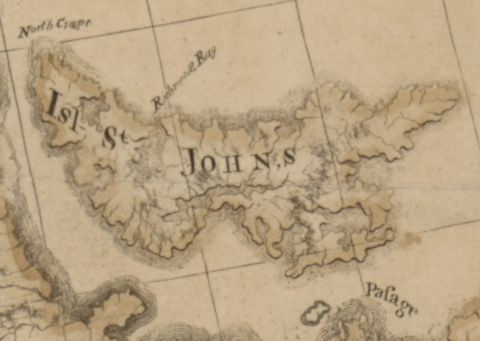More in this section
13 new laws for the colony
In 1773, PEI was still St. John's Island, a colony ill-prepared to legislate much of anything. Historian Frank MacKinnon describes the colony’s early governments as “often a farce” due to pushing too far too fast, trying to create a full British-style administration in a colony that was insufficiently large or developed to service such a sophisticated structure. With the Acadians having been driven out or reduced to isolated rural pockets under British rule, the sparsely populated colony was starting over in terms of establishing a European-style society in the 1770s.
By most accounts, the first 18 members were not ambitious legislators. Their initial work included retroactively approving business conducted by the colony’s Governor, Council and Supreme Court since 1770, and Patterson often seemed to think the Assembly functioned best as a device for confirming his decisions.

Historian Henry Smith tells the story of an unspecified rural-based Assembly member, building a barn for Patterson in his off hours, who complained about coming to Charlottetown for the Assembly: “What is the use of my being here? You and the Attorney-General write all the Acts and we have only to pass them, for we are not able to amend them. …As soon as the barn is finished I will go home and never come back.”
The 13 pieces of legislation passed in that first Assembly included measures regarding recovery of small debts, licensing for the retail of “Spirituous Liquors”, permission to burn items ranging from rubbish to derelict windmills, and an act devoted to extracting quit rents from landlords. Smith deems one of these thirteen acts “very tyrannical” in retrospect, a law (later repealed) forbidding anyone from leaving the Island without written permission from officials.